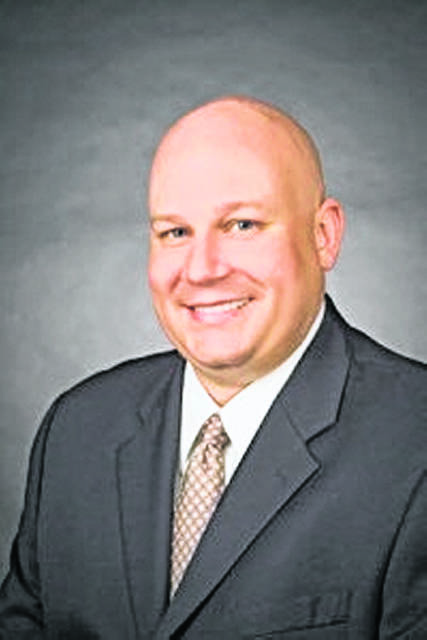Nursing homes and other long-term care providers are a crucial part of our society. Their solvency and continued existence is necessary in our lives where, unlike our ancestors, senior family members typically no longer “move in” with their adult children when the senior members who need care for day-to-day living are unable to independently care for themselves.
The cost of long-term care — nursing home, assisted living, independent living and in-home care — continues to increase. In fact, the increases were already being experienced long before inflation took hold to amplify the magnitude and frequency of increases.
As the costs for long-term care increase, long-term care providers feel the pinch, like the rest of us, to ensure that they are paid. Part of increasing the likelihood of getting paid includes trying to get various, extra people to “guarantee” payment.
Of course, many of us are agents for our parents under powers of attorney that are solid and legally enforceable. Under Ohio law, an agent acting under a POA is not personally responsible for a principal’s financial obligations, including long-term care financial obligations. Thus, generally, if an adult child signs a contract for long-term care services on behalf of a parent, the adult child, as the parent’s agent, is not responsible for the bill.
However, nursing homes especially have been amending their contracts lately to add that if the parent does not pay the bill, an adult child, simply by signing as agent for the parent, agrees to be personally liable for the parent’s nursing home bill.
Ohio law does provide that an agent under a POA can be responsible, with the agent’s personal money, to pay a principal’s bill if the agent voluntarily agrees or if the agent is “negligent”.
Nevertheless, Ohio law on this topic gets superseded if the parent is on Medicaid or involved in the Medicaid application and eligibility process. Federal law provides that in these contexts, adult children or anyone else cannot be held legally responsible for the parent’s financial obligations to the nursing home.
This federal law is incredibly broad, such that in the context of Medicaid — application, eligibility, continued eligibility, etc. — the nursing home cannot even ASK the agent to be personally liable for the nursing home bill.
Earlier this month, our region’s court of appeals ruled that requiring the agent under a POA to be personally liable for nursing home expenses for failing to “cooperate” with Medicaid or the nursing home was also precluded or outlawed by the federal law. In that important decision, the court ruled that the federal law’s provisions make it clear that literally no one (agents) other than the patient or applicant in nursing home-type) Medicaid contexts can be personally liable for the patient’s bills that are not covered by Medicaid.
Although the law is currently clearly on the side of agents — adult children and spouses — of patients who sign documents on behalf of the patients, it is still advisable to closely read and understand everything before any agent signs anything for a principal or patient.
Lee R. Schroeder is an Ohio licensed attorney at Schroeder Law LLC in Putnam County. He limits his practice to business, real estate, estate planning and agriculture issues in northwest Ohio. He can be reached at [email protected] or at 419-659-2058. This article is not intended to serve as legal advice, and specific advice should be sought from the licensed attorney of your choice based upon the specific facts and circumstances that you face.







